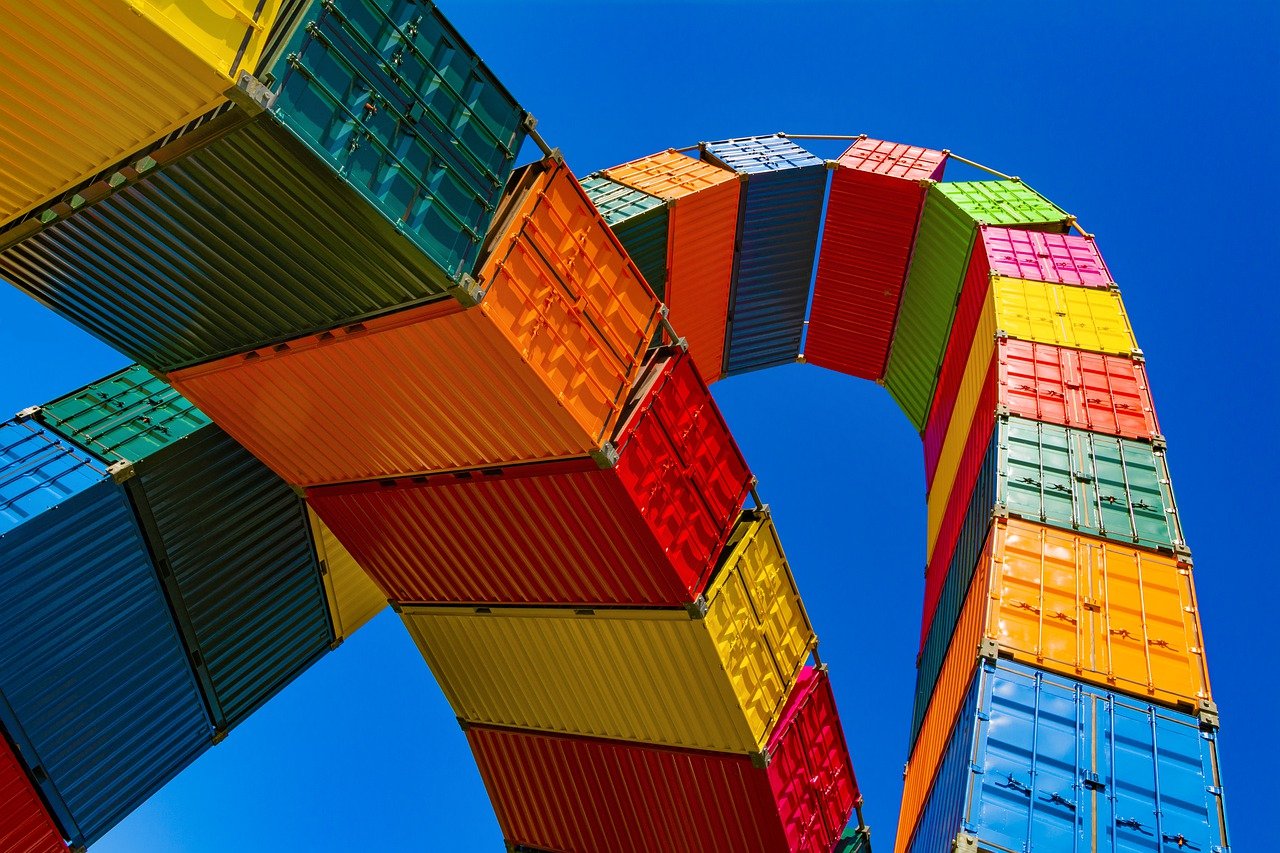The customs laws and regulations for import and export in Turkey have become today in most countries of the world similar.
The Turkish Republic is classified as one of the modern industrial countries in the world, where the country supports a wide range of industries, so factories are distributed in large areas in Istanbul, the area around the Marmara Sea, the Aegean coast around Izmir, the Adana Basin, and the area around Ankara. Turkey’s economy has witnessed a remarkable recovery over the past years in the import and export market, which encouraged investors from traders and industrialists to go to establish their companies in Turkey in pursuit of participating in a profitable market with great returns, as Turkey is an important destination for imported goods in many major countries.
In 1947, the General Agreement on Customs Tariffs GATT was established, which aimed to facilitate trade exchanges between member states and remove obstacles between these countries, which was the result of establishing the World Trade Organization. In 1995 the World Trade Organization aimed at unifying customs tariffs among member states, resolving disputes between states and problems of dumping, in addition to reducing customs duties between member states, where the number of members reached 164 members.
A brief overview of the customs clearance method
The arrival of the ship with the container to be released
The ship begins to unload its cargo from the containers on the harbor floor
The customs broker shall withdraw the receipt of the container from the shipping carrier based on the bills of lading submitted by him.
The customs broker submits the commercial invoice, packing regulations and certificate of origin for the container to the customs so that the customs duties of the goods are known
After submitting the invoices to the customs, a scout is sent by the customs to inspect the goods if they match the papers presented by the broker
After the customs inspection process and ensuring that they match the invoices, the customs duties value will be determined
There are certain goods, such as food commodities, the scout may request to send a sample of it to the competent authorities for analysis and approval and to ensure that it conforms to the specifications specified in this country
After knowing the customs duties associated with the goods, they are paid by the customs broker
After the fees are paid, the broker receives the release permission for the container
After obtaining the release permission, the clearer unloads the container from the goods inside the port or loads the container and sends it on the back of a truck to the buyer so that the buyer undertakes the process of unloading it directly in his warehouse, and the customs clearance process takes about 5 to 7 continuous working days if the clearance process is free of any problems or any obstacles
Thus, the customs clearance process of the goods takes place…
Turkey’s exports
Turkey exports cars, auto parts, iron ore bars, delivery trucks, jewelry, clothes, foodstuffs, and textiles, and among its most important partners in the export business like Germany.
The main industries in Turkey depend on agricultural production, minerals and industrial products.
Among the best goods exported from Turkey:
- Agriculture and food: Food and foodstuffs such as meats, cheeses, dairy products, and canned goods, cotton, figs, grapes, olives, wheat flour, barley, tomatoes, apples, and vegetables.
- Minerals: copper, iron, mercury, manganese.
- Industry: textiles (Turkish clothes are in great demand in purchasing), animal and vegetable oils, plastics, raw wood and their products, household tools and accessories of all kinds, sugar, cement, tires, auto parts, furnishings, household items, and appliances, especially the Turkish sheet set.
THE PAPERS REQUIRED TO EXPORT ANY SHIPMENT
Commercial invoice Customs clearance Turkey Istanbul.
Customs clearance Turkey Istanbul.
Certificate of Origin.
Shipping Policy.
Packing regulations.
Fumigation certificates for wooden products.
Health certificates for food products.
Quality certificates are required in some countries, but not in all countries, such as Algeria, China and Morocco.
Turkey’s imports
The export process to Turkey is one of the successful operations that has achieved great success, as the governmental laws and regulations of the export process to Turkey became very standardized systems and this was in 1947 where a special organization of the well-known GATT was established, which is for the general agreement attached For customs identification.
You can do the import process from Turkey online and the export process to Turkey through the Internet, and this method is one of the very safe ways and is the most economical at all, but it is necessary to take into account the company, because most companies offer double values to buyers through the Internet, there are a number of reliable electronic companies that help you in the export process easily.
With ease and absolutely no fatigue, the middleman percentage will be about 20% of the amount paid in the product you want.
The Turkish market is always witnessing a strong recovery in export and import operations, and this is what encouraged many investors to establish companies in order to carry out the import and export process easily and to obtain a high profit rate, as Turkey is the first city in the world in interest in export and import operations and through which it can be obtained On all products, but she also needs some goods and products that are difficult for her to provide to people.
THE PAPERS REQUIRED TO IMPORT ANY SHIPMENT
Commercial or industrial registry
Tax card
Import card (import license)
Payment document by the bank (document proving the transfer of the invoice value outside the importer’s country)
A general authorization for the customs broker certified by the Chamber of Commerce or Industry
In conclusion, Turkey Is An Emerging Market And A Newly Industrialized Country, Among The Leaders For Agricultural, Minerals and Industrial products.

